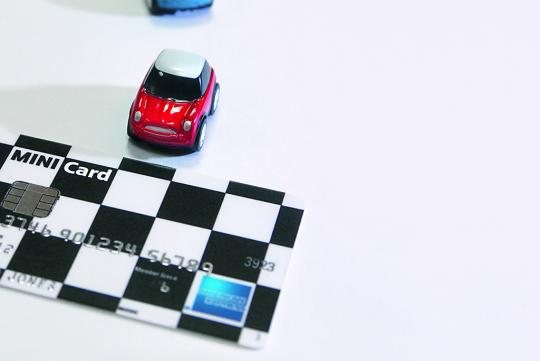Vehicle Dollars and Sense
Vehicle Dollars and Sense

 Buying a car in Singapore is both exciting and nerve-racking, for the joy of having your own set of wheels is accompanied by the toil of paying for it by instalments. Before you sign on the dotted line, think carefully about these:
Buying a car in Singapore is both exciting and nerve-racking, for the joy of having your own set of wheels is accompanied by the toil of paying for it by instalments. Before you sign on the dotted line, think carefully about these:
THE RIGHT MACHINE
Buy the vehicle you need and not the one you want, because the latter usually ends up costing you more than it’s worth. It doesn’t matter if you’re a petrolhead – if you have two toddlers, for instance, it’s more practical to get a saloon instead of that sporty coupe you’ve been eyeing.
BUDGET CONSTRAINTS
According to a financial consultant who spoke to Torque, you should allocate no more than 35 per cent of your monthly income to servicing loans. Assuming that 20 per cent of your salary goes towards your home mortgage, you’re left with just 15 per cent for your car loan. So if you draw $3,000 a month, your monthly car instalment shouldn’t exceed $450.
‘HIDDEN’ COSTS
These motoring-related expenses aren’t obvious upfront, but definitely make a big impact on your wallet. Parking, petrol, road tax and motor insurance can be a drain on your finances. For example, year-long season parking in an HDB multi-storey carpark would cost $1,080 ($90 x 12 months). That sum alone is more than the annual road tax for a 1.6-litre petrol car.
TEN-YEAR TEMPTATION
Although it appears more affordable, choosing a 10-year, 100 per cent car loan is actually a decision you can ill afford. Zero downpayment means a larger loan quantum that takes longer to repay, and the total interest in the long run will be higher. Car buyers should also be aware that longer loan tenures mean that their ride will be in negative equity for a longer period.
This article was written by Jeremy Chua, writer for Torque.
1copy.thumb.jpg.8d9fb898c1bdc8ee48be52e4aa2ad81b.jpg)



4 Comments
Recommended Comments
Create an account or sign in to comment
You need to be a member in order to leave a comment
Create an account
Sign up for a new account in our community. It's easy!
Register a new accountSign in
Already have an account? Sign in here.
Sign In Now